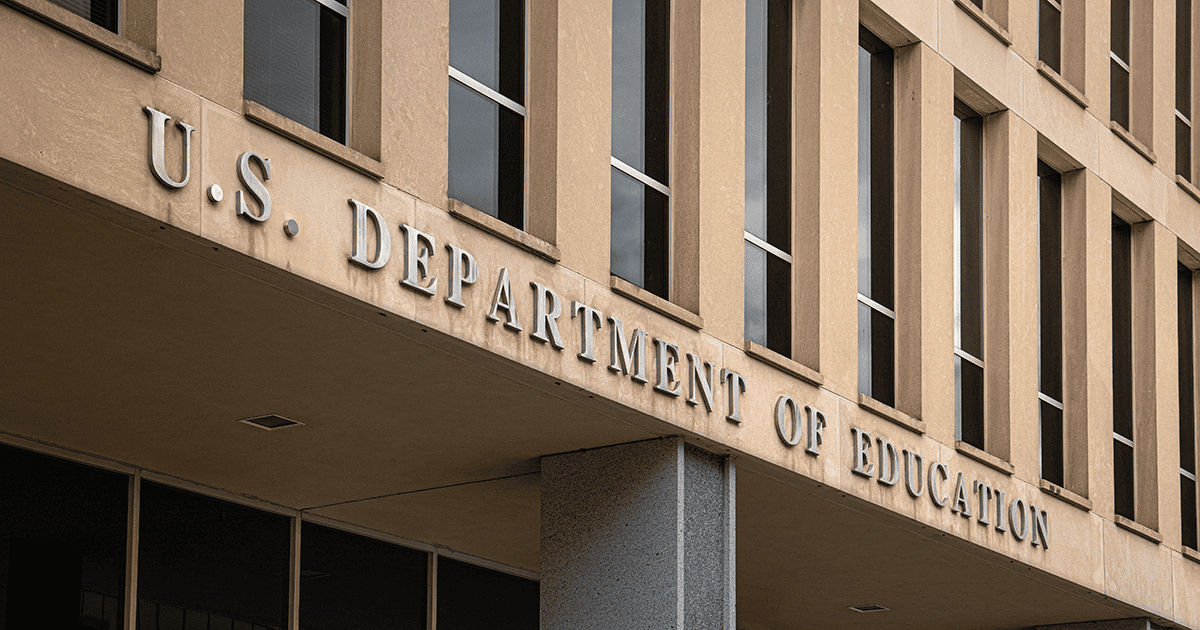Even before the COVID-19 pandemic, telehealth and remote audiology visits were increasing in frequency and popularity. D’Onofrio and Zeng (2021) reported that telemedicine was adapted to the profession of audiology to provide remote hearing screenings, diagnostic evaluations and several intervention services related to technology (hearing aid adjustments, cochlear implant programming etc.).
Bowers and colleagues took this idea one step further to investigate the feasibility of remote diagnostic hearing testing in children aged 4–7 years. Utilizing a cross-sectional comparative study design, the researchers compared results from traditional, face-to-face, pure-tone audiometry, otoscopy and tympanograms with these procedures done remotely. Results revealed that, air conduction thresholds via remote testing were within a clinically acceptable range of 10 dB HL from traditional thresholds at approximately 98 percent of cases. Bone conduction thresholds in 95-100 percent of children varied by less than or equal to 10 dB HL. Remote otoscopy and tympanometry interpretation had 78.6 percent and 92.2 percent agreement, respectively.
The authors conclude that, while on-site audiologists were used during the remote sessions (facilitator), most of the procedures could be carried out by non-audiologists. Due to the high reliability found in this study, the authors indicate that future directions could include speech-in-noise testing.
References
Bowers P, Graydon K, Tomlin D, Rance G. (2024) The reliability of remote diagnostic hearing assessment in school-entry-aged children. Int J Audiol 1–10.
D’Onofrio KL, Zeng FG. (2022) Tele-audiology: current state and future directions. Front Digit Health. 10;3:788103.
Recent Posts
CMS Sets Medically Unlikely Edit for Key Audiology Codes
The Centers for Medicare and Medicaid Services (CMS) has established a Medically Unlikely Edit (MUE) of two units per date of service for Current Procedural Terminology (CPT®) codes 92629, 92632,…
Allergies in U.S. Adults
Individuals who live in colder areas of the country may be eagerly awaiting the arrival of spring and its associated warmer weather. Others may be…
Securing Federal Loan Access for Audiology Students: Comments Close March 2
The Academy is pursuing a two-pronged strategy through Congress and the Department of Education to protect federal student loan access for AuD students. Both pathways…


